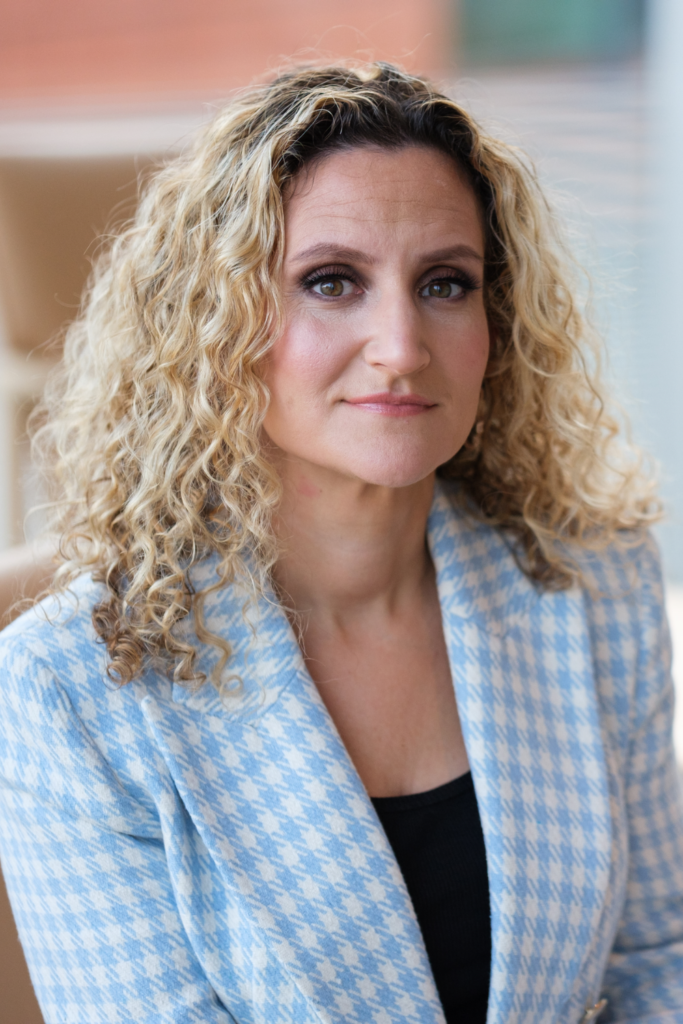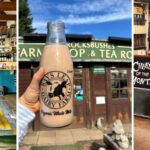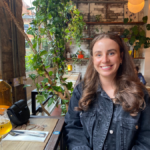- Work Hard
- 13th Jan 2023
- 1,078 Views
- 0
- 1 minutes
Dr Ellie Cannon on the gender healthcare gap, self-care during winter and growing up in Newcastle

Fresh on the heels of her GDST Alumna of the Year win, we chat to Dr Ellie Cannon of ITV This Morning, BBC Radio and Mail on Sunday fame, about why bringing more women into medicine can revolutionise British healthcare.










Comments